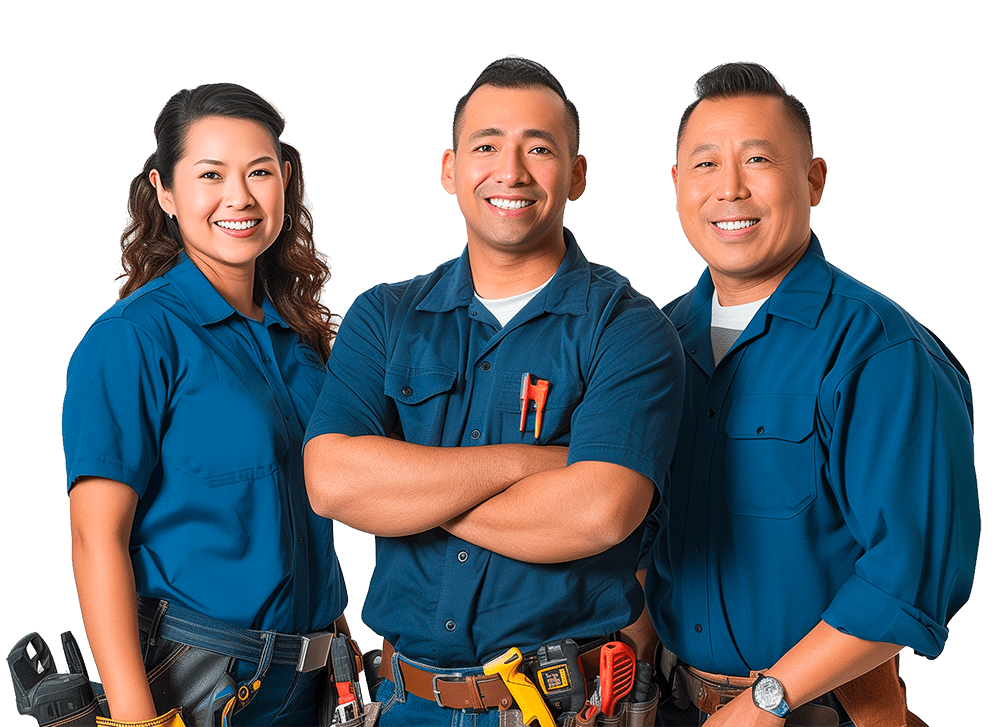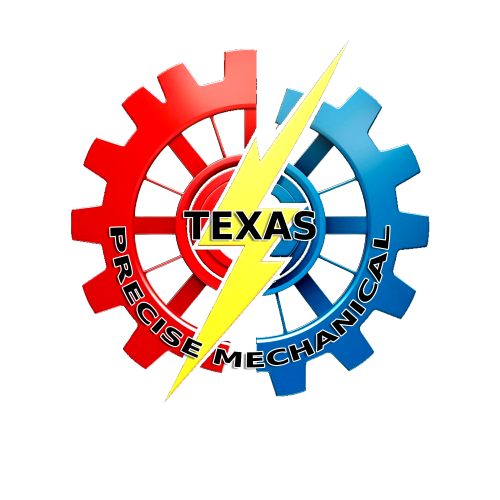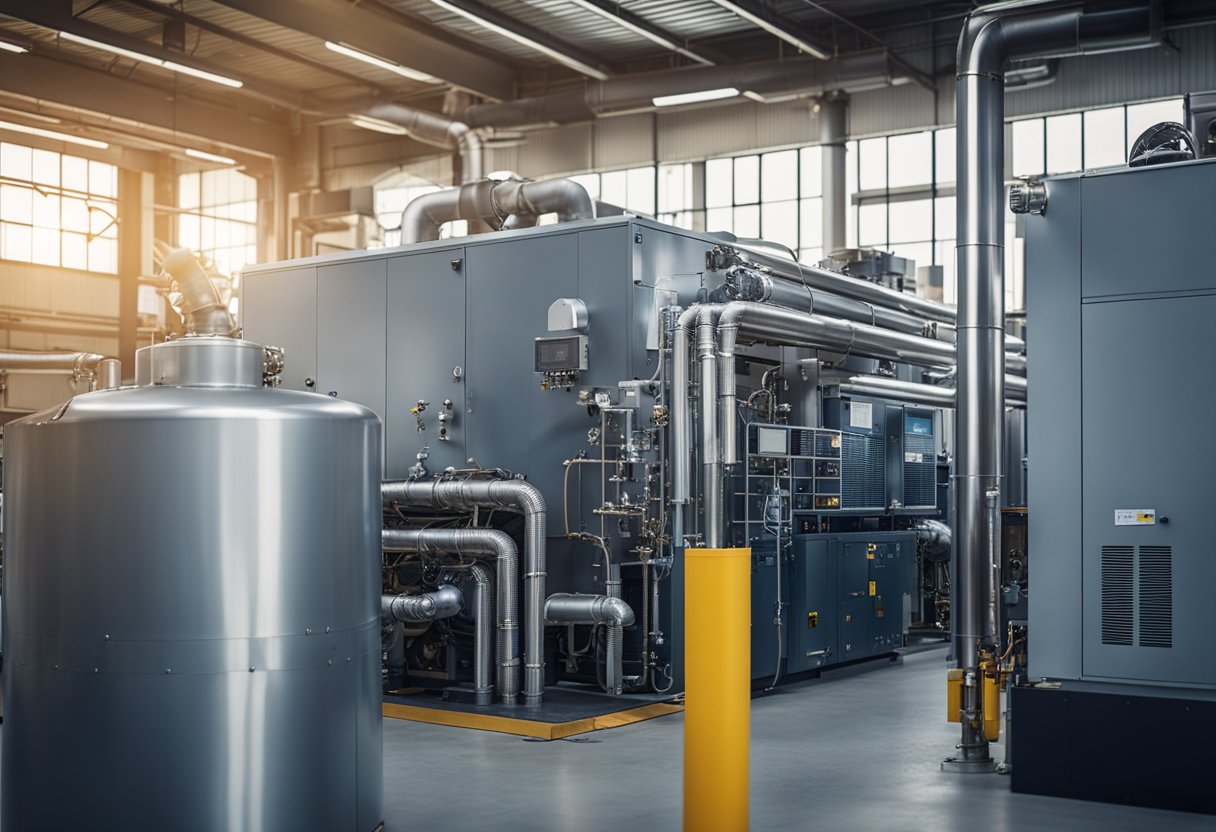Commercial Air Filtration Systems: Ensuring Clean Air in Workplaces
Commercial air filtration systems are integral to maintaining clean air in various settings. These systems target common indoor air contaminants, providing a defense against airborne particles that can affect health and operation efficiency.
Fundamentals of Air Filtration
The primary function of commercial air filtration is to remove particles and contaminants from indoor environments. This involves the use of filtration units designed to trap particles of various sizes. Factors such as the filter’s material, size, and mechanisms determine its efficiency. Two fundamental aspects are the filter’s Minimum Efficiency Reporting Value (MERV) and whether it is a High Efficiency Particulate Air (HEPA) filter. A higher MERV rating indicates the capability to capture smaller particles, with a MERV 13 filter being proficient in removing 90 percent of particles in the 1 to 10 micron size range. On the other hand, HEPA filters can trap 99.97 percent of particles as small as 0.3 microns.
Importance of Indoor Air Quality
Indoor air quality is a critical concern for commercial facilities due to its impact on health, comfort, and productivity. Contaminants like dust, pollen, mold spores, bacteria, and viruses have the potential to circulate through HVAC systems. By utilizing commercial HVAC air filters, these harmful contaminants are reduced, thus enhancing the indoor air quality. Effective air filtration supports a comfortable environment for occupants and may help to mitigate health-related issues associated with poor air quality.
Types of Commercial Air Filters
Commercial air filters are essential components in maintaining indoor air quality by trapping pollutants such as VOCs, bacteria, mold, and allergens. They come in various types, each designed to target different particle sizes and contaminants.
HEPA Filters
HEPA filters, or High-Efficiency Particulate Air filters, are recognized for their ability to trap at least 99.97% of particles that are 0.3 microns in diameter or larger. Given their high efficiency, these filters are ideal for environments where air purity is critical.
Carbon Filters
Carbon filters utilize activated carbon to remove gases and odors from the air. They are not as efficient as HEPA filters at capturing smaller particles like bacteria and mold, but they excel in adsorbing VOCs and odors, making them suitable for controlling smells and chemical vapors in commercial settings.
Custom Air Filtration Solutions
For unique requirements, custom air filtration solutions are available to address specific challenges. These systems can combine various filter types, including HEPA and carbon filters, to target a wide spectrum of contaminants. Custom-designed filters can be tailored to the particular needs of a business, considering factors such as air flow, particle size, and contaminant type to maximize efficiency and air quality.
Impact of Air Quality on Health and Productivity
Indoor air quality is a significant concern in commercial environments as it directly influences the health and productivity of occupants. Optimal air quality can reduce the prevalence of airborne diseases and enhance cognitive function among individuals in these settings.
Commercial Settings and Air Quality
Commercial settings often grapple with indoor air pollution, which includes contaminants like dust, pollen, and chemicals emitted from building materials and furniture. In workplaces and schools, poor air quality can lead to a range of illnesses, impeding the health and well-being of employees and students. For instance, elevated levels of carbon dioxide and volatile organic compounds can decrease cognitive performance, impacting decision-making and concentration.
- Key pollutants in commercial settings:
- Dust: Can trigger allergies and respiratory issues.
- Pollen: A seasonal allergen affecting sensitive individuals.
- Volatile Organic Compounds (VOCs): Can cause various health effects, from headaches to long-term damage.
Reducing Illness and Enhancing Well-being
Improving air filtration in commercial environments can mitigate the spread of airborne diseases and enhance overall well-being. Effective air filtration systems help remove harmful particles and allergens, thereby reducing illness. In healthcare settings, where clean air is imperative, high-efficiency air filters decrease the risk of hospital-acquired infections. Likewise, in corporate or educational institutions, enhanced air quality is correlated with increased productivity, as individuals are healthier and more focused.
- Benefits of improved air filtration:
- Healthcare: Reduces hospital-acquired infections.
- Workplace & Schools: Increases attendance and performance by maintaining a healthier environment.
Technological Advancements in Air Filtration
Air filtration technology has seen significant advancements in recent years, with innovations in both filter materials and smart systems. These improvements enable filters to operate with greater efficiency and responsiveness, pushing the boundaries of what’s possible in commercial air quality management.
Innovative Filter Materials
Research in air filter materials has led to breakthroughs, such as the development of nanofiber layers that vastly outperform traditional materials. For example, conductive air filters have been found to have a pressure drop ten times lower and a quality factor significantly higher than conventional HEPA filters. These filters operate effectively across a wide range of face velocities, enhancing particulate capture without compromising airflow.
Smart Air Filtration Systems
The incorporation of smart technology into air filtration systems represents a major leap forward. These systems can automatically adjust filtration settings based on real-time air quality data. They rely on advanced sensors and control mechanisms, which enable them to respond dynamically to changes in airborne contaminants and usage patterns. As a result, smart air filtration systems can maintain optimal indoor air quality while improving energy efficiency and reducing the need for manual intervention.
Examples of such innovations include interactive operation curves that adapt to particle size and airflow, ensuring high efficiency in contaminant removal. This intelligent approach to air filtration supports a proactive stance in environmental management and workplace safety standards.
Selecting the Right Air Filtration System
In the quest for optimal indoor air quality, selecting a suitable air filtration system is pivotal for commercial buildings. The endeavor calls for attention to industry-specific requirements and a commitment to consistent filter maintenance.
Considerations for Diverse Industries
When choosing an air filtration system, various industries have unique needs. In education settings, the focus is on limiting the spread of infectious agents, allergens, and maintaining a healthy learning environment. The food and beverage sector demands filtration that can arrest contaminants and odor to ensure product purity. In the realm of electronics, where even minuscule particles can have a grave impact, highly efficient particulate air (HEPA) filter solutions may constitute the ideal choice. Commercial buildings benefit from tailored air filter solutions that meet their specific usage patterns and foot traffic, contributing to sustainability and energy-saving strategies.
Best Practices in Air Filter Maintenance
Effective maintenance is essential for the longevity and performance of air filtration systems. A structured schedule should outline regular inspections and timely replacement of filters to avoid energy inefficiency and prevent undue wear on HVAC systems. This not only ensures sustained sustainability but also maintains indoor air quality at an optimum level. Commercial entities are advised to document filter changes and note the performance impacts, thereby instilling a cycle of continuous improvement in their air quality management.
[trustindex no-registration=google]
How can we help you today?
Our team is standing by and ready to help.
Text To Request Service Schedule Today: (281) 898-3773

